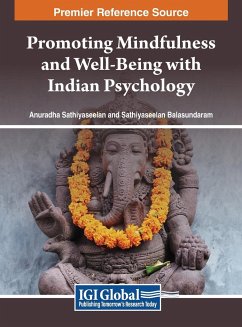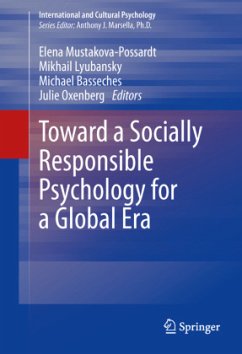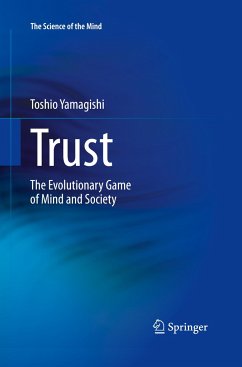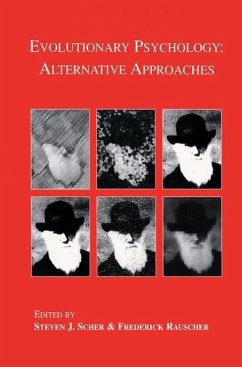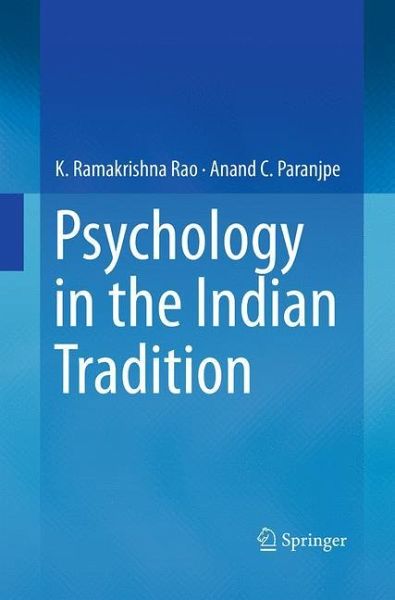
Psychology in the Indian Tradition
Versandkostenfrei!
Versandfertig in 6-10 Tagen
91,99 €
inkl. MwSt.
Weitere Ausgaben:

PAYBACK Punkte
46 °P sammeln!
This authoritative volume, written by two well-known psychologist-philosophers, presents a model of the person and its implications for psychological theory and practice. Professors Ramakrishna Rao and Anand Paranjpe draw the contours of Indian psychology, describe the methods of study, explain crucial concepts, and discuss the central ideas and their application, illustrating them with insightful case studies and judicious reviews of available research data and existing scholarly literature.The main theme is organized around the thesis that psychology is the study of the person and that the p...
This authoritative volume, written by two well-known psychologist-philosophers, presents a model of the person and its implications for psychological theory and practice. Professors Ramakrishna Rao and Anand Paranjpe draw the contours of Indian psychology, describe the methods of study, explain crucial concepts, and discuss the central ideas and their application, illustrating them with insightful case studies and judicious reviews of available research data and existing scholarly literature.
The main theme is organized around the thesis that psychology is the study of the person and that the person is a unique composite of body, mind and consciousness. The goal of the person is self-realization. Self-realization consists in the realization of one's true self as distinct from the manifest ego and it is facilitated by cultivating consciousness. Cultivating consciousness leads to a kind of psycho-spiritual symbiosis resulting in personal transformation, altruistic value orientation and flowering of the hidden human potential.
The main theme is organized around the thesis that psychology is the study of the person and that the person is a unique composite of body, mind and consciousness. The goal of the person is self-realization. Self-realization consists in the realization of one's true self as distinct from the manifest ego and it is facilitated by cultivating consciousness. Cultivating consciousness leads to a kind of psycho-spiritual symbiosis resulting in personal transformation, altruistic value orientation and flowering of the hidden human potential.






